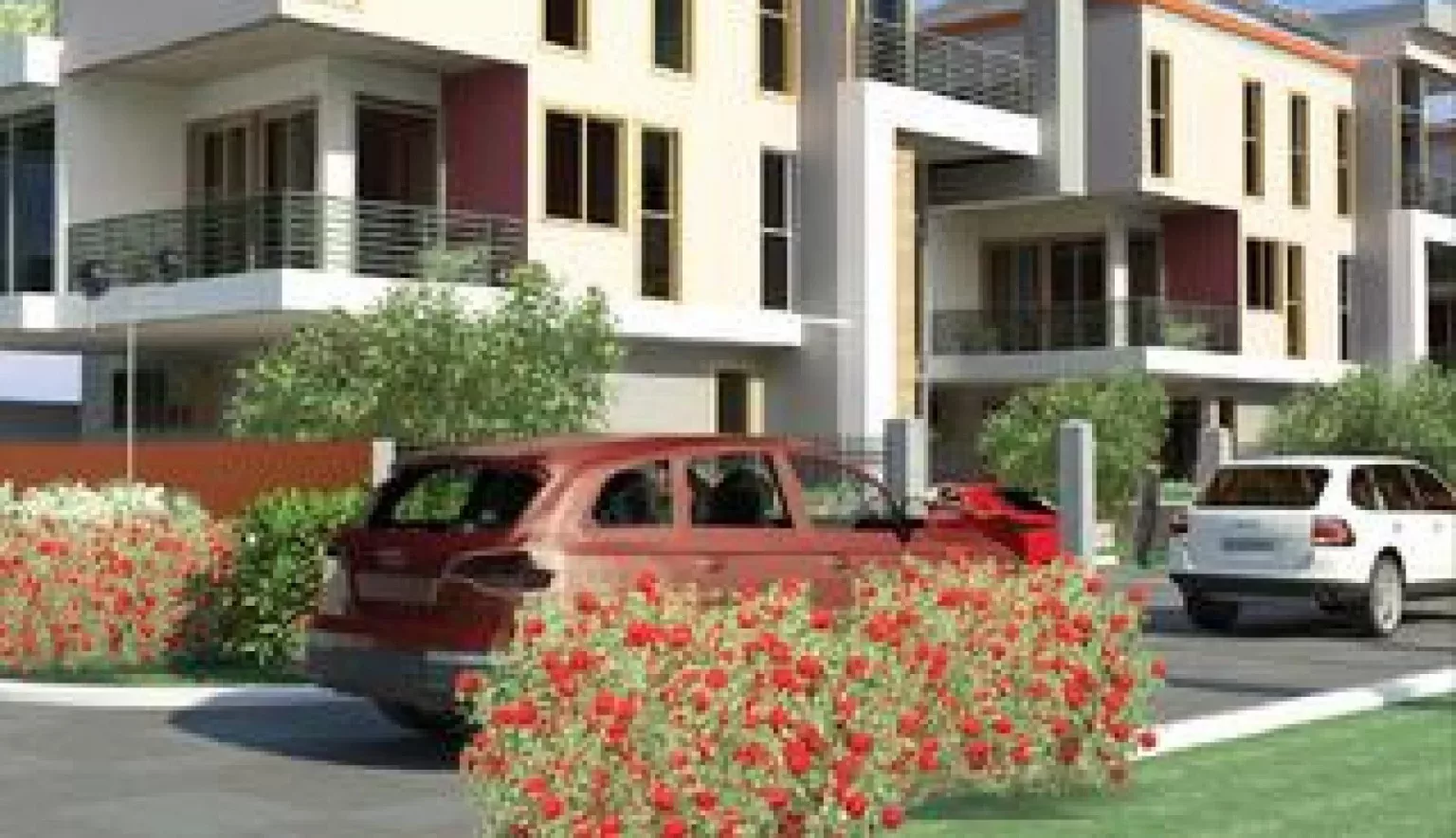Ghana’s property shortfall means a potentially lucrative time for developers – but customers need a name they can trust, which is good news for Vanguard Properties. Africa outlook talks to Managing Director, Mr. Kwabena Dapaah-Siakwan.
BUILDING GHANA
Vanguard Properties was initially formed as a shell company, by the three other companies of the Vanguard group; Vanguard Assurance, City Investments, and Vanguard Life. In 2011, the Directors decided they wanted to use the company to take advantage of the booming property market due to the housing deficit in Ghana.
Mr. Dapaah-Siakwan joined the property development company in late 2011, recruiting the first employees and established the new company policies. Now a fully functional property development business, Vanguard Properties was born. “The name of every company, the institutions and employees behind them are all key to a Company’s success”, Dapaah-Siakwan explains. In the case of Vanguard Properties, it is the presence of the household name that makes it appealing to customers. “The property market in Ghana thrives on trust; people pay advances to real estate companies who are building properties. Who clients pay their money to should be very important to them. Should it be a company with no address, no corporate governance structure and so on?” these are some of the questions which will no doubt come to the minds of those entering the property ladder.
“Vanguard Assurance was the first indigenous insurance company in Ghana, having been set up in the 1970s. We have a name that people can trust, and this is a very important factor in driving our sales.”
The Ghana property boom that Vanguard Properties and other brokers are taking advantage of is due to a combination of factors, Dapaah- Siakwan explains: “there is a housing shortage and a lot of young graduates and middle management who want to have their own abode. The oil boom has also had a major positive impact as it means a lot of expatriates have come in to Ghana. These people want good addresses, they want gated flats and townhouses; these expatriate companies bring their own staff. They want to live in secure areas that are close to amenities, this creates extra demand especially in the higher end of the market.”
Another factor is the recent maturity of the mortgage market. In previous years, banks simply did not lend to home-buyers, which is a staple of economic growth. Dapaah- Siakwan remarked: “People needed funds to help them buy houses but an undeveloped mortgage market meant the funding for buying property was cut off. When I was working at the bank, mortgages were only given to a very few people, for example members of staff at the bank. This was not enough to drive growth, but over the years we have realised most of the banks have responded to the needs of the people. Mortgages and home loans are now much more widely available. There are even 100 per cent mortgages for houses up to a value of $100,000.”
Vanguard has faced its own unique obstacles, but has been able to turn them around, which have helped with Vanguard’s publicity and profile. Dapaah-Siakwan is candid about such an occurrence in the company’s early days. “One of our flagship developments, Vanguard Heights, which gave us much-needed publicity when we started, also became our downfall. As a penetration strategy we bought a property that was about 50 per cent complete. The bank had foreclosed on the property, so we went to buy it, change the name, and use it as an entry to the market. It looked good but there were many hidden challenges. It cost us a lot of money and cut deeply into our profit margin. In the end, it was good for us and our image and showed that we are dedicated to keeping things professional.”
As with most things in business, producing quality properties and maintaining customer relationships while making profit is not always easy. Vanguard are always learning and improving their business model.
“Another refinement is in the design department”, says Dapaah-Siakwan: “As developers we have our own architects. When a property is designed, they become almost redundant, so instead of that designer resting when they have designed the property, they now act as project managers and oversee projects.” Vanguard now has consistency in the look and feel of its projects.
2014 promises to be a big year for the company, with three projects closing and two more potentially breaking ground. Vanguard Villas is a US $10million venture, with 10 million-dollar houses in a gated community. Vanguard Oasis is a $4million development, and Enclave is around $6-$7million, with prices ranging from $42,000 up to $150,000.
This forward-thinking, adaptable company with a solid foundation and a strong customer base have shown that they are equally adept at developing properties at opposite ends of the housing spectrum.





















